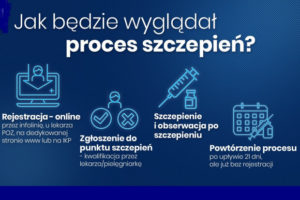With the delta variant quickly spreading, this is truly the question of the hour. This mutation of the virus is highly contagious, and fast becoming dominant in many countries. In the U.S., new research from the genome-editing firm Helix suggests that already as many as 40% of new cases are delta. The good news is vaccines appear to be quite effective against this variant.
”All the vaccines seem to work against the delta variant,” says Monica Gandhi, an infectious-disease expert at University of California San Francisco. Gandhi says even among the rare cases where vaccinated people contract delta, the symptoms are typically mild.
“Vaccinated people do not need to worry about the delta variant,” she says.
The AstraZeneca vaccine is included in those that fare well, though Gandhi says two doses are necessary to get the maximum protection of a 92% efficacy rate against delta. The Pfizer vaccine performed even better.
“Vaccine effectiveness against hospitalization with delta was similar to that seen with alpha,” she says, referring to the first major virus mutation seen around the world.
With delta, the biggest threat is to unvaccinated people, among whom the virus can spread even more aggressively that previous variants. For the vaccinated, the bigger concern is future variants of the virus that vaccines may not be as effective against.
The greater the number of unvaccinated people, the bigger the risk of incubating new, even more contagious forms of the virus. And around the world there are still vast numbers of unvaccinated people.
Even in the U.S., where two-thirds of adults have had at least one dose of a vaccine, there are many regional pockets where very few people have had a shot at all. In a Bloomberg analysis this week, we found that among the least vaccinated fifth of American counties, just 8% have receive at least one shot, on average.




